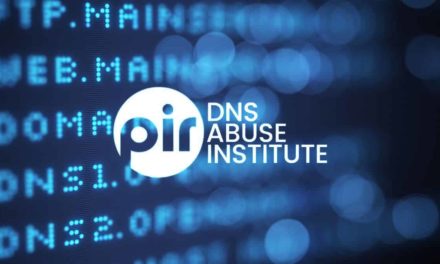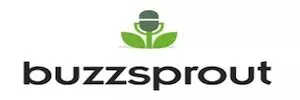According to the WEF’s website,
This year discussions during the live-streamed conference will centre on secure development of ecosystems. With global digitalisation further accelerating and people, companies, and countries becoming ever more interconnected, security of every single element of a supply-chain is key to ensuring the sustainability of the whole system.
During the technical exercise, participants will hone their practical skills in mitigating a targeted supply chain attack on a corporate ecosystem in real time.
While Mark Zuckerberg has attended WEF meetings in Davos, Switzerlan, Facebook is not a major player in the global supply chain. However, its multi-hour outage yesterday stuck fear and panic into the hearts of its 2.8 billion users. Now, in a single day, the whole world understands the dangers of a massive cyber attack.
This article now makes the connection between Facebook’s global outage an a potential Pearl Harbor-like attack leveled at Big Tech. It concludes, “Unregulated and without checks and balances on their operation, big tech could be a threat to the West; this revelation is one of the important lessons of the recent outage.” ⁃ TN Editor
The impressive trajectory of the Internet age and social media’s dominance of how we get our information was put on display Monday night when Facebook and its companies – Instagram and WhatsApp – crashed worldwide.
Large swaths of the world rely on these platforms and services, which are largely unregulated by governments, to do everything: send messages, make calls, receive information and coordinate meetings and daily life.
This is not just a small part of people’s lives in the modern age. The age of the Internet has rapidly shifted power into the hands of a few large tech giants that operate as monopolies on the planes of hosting, distribution and dissemination of information.
However, they also control other networks that increasingly serve as stand-ins for phone networks.
When the Internet age began in the 1990s, it provided a radical new way for people to access information; before that there was only television and radio. The nature of the Net, interactive in ways the other two weren’t, meant that it rapidly began to inhabit a multiplicity of places in people’s lives that hitherto were not thought possible.
Soon after, the Internet provided an alternative way to watch television – streaming sites and YouTube. This quickly became true for radio and other mediums. News went online, battering major legacy media and challenging its survival. Product sales – shopping – moved online, as did the creation of portals for people to chat, message and communicate and to create virtual versions of themselves.
The most recent revolution has been the binding of these various elements under the power of big tech companies – like Facebook. What this means is that while the Internet age of the late 1990s and early 2000s was a unique free-for-all Wild West, the new age reflects more the era of the Robber Barons of the US in the late 19th century – the monopolies and trusts that came to dominate industry through horizontal and vertical integration.
Big tech companies are so large they now have gobbled up swaths of the Internet and control the way in which most information and communications flow.
AN OUTAGE like the one that occurred on Monday is not unprecedented. Various large big tech sites have crashed in the past, usually for a short time. There has also been an increase in cyber incidents over the last few years, including cyberattacks that have targeted critical infrastructure, whether in Israel, the US or other places.
The question that should be asked increasingly by governments is how they can replicate or maintain communication and major Internet systems in case of an outage among major companies that are too big to fail.
This is not an arbitrary thought experiment.
The world is entering an era of uncertainty, reflected not only in the pandemic, but also in great power competition. This is because the world order that emerged after the Cold War, which led to the global dominance of the United States, has now shifted to a league of authoritarian countries that are at odds with Washington and Western democracies.
Most of them also censor certain parts of the Internet or fear widespread citizen use of it as a whole. This includes Turkey, Iran, China, Russia and other states.
Big tech companies often must weigh the demands of authoritarian regimes to crack down on them, balancing them with their own budgets and business goals. This means, in some cases, succumbing to the authoritarians.


















